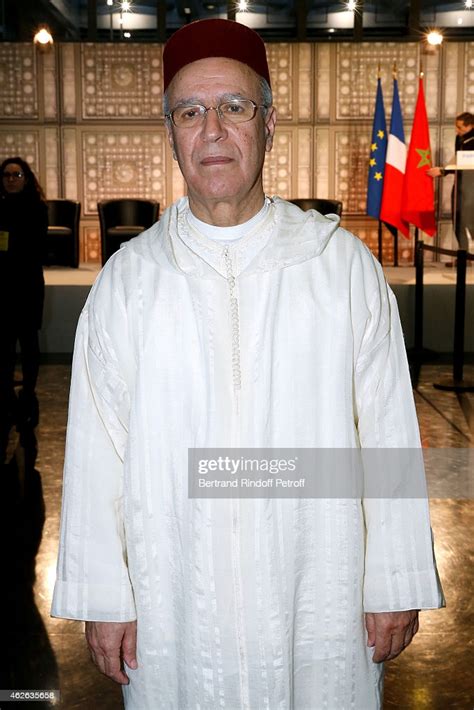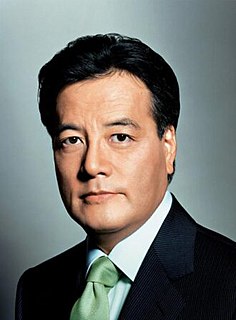A Quote by Frantz Fanon
What I call middle-class society is any society that becomes rigidified in predetermined forms, forbidding all evolution, all gains, all progress, all discovery. I call middle-class a closed society in which life has no taste, in which the air is tainted, in which ideas and men are corrupt. And I think that a man who takes a stand against this death is in a sense a revolutionary.
Related Quotes
The society of Christendom and especially of Western Christendom up to the explosion, which we call the Reformation, had been a society of owners: a Proprietarial Society. It was one in which there remained strong bonds between one class and another, and in which there was a hierarchy of superior and inferior, but not, in the main, a distinction between a restricted body of possessors and a main body of destitute at the mercy of the possessors, such as our society has become.
Not only the brothers on the street but the middle class brothers are also identifying with the gangster rappers because of the extent to which this music circulates. It becomes possible for the - not only the young middle class men, but it becomes possible for young middle class white men and young men of other racial communities to identify with the misogyny of gangster rap.
[T]here are, at bottom, basically two ways to order social affairs, Coercively, through the mechanisms of the state - what we can call political society. And voluntarily, through the private interaction of individuals and associations - what we can call civil society. ... In a civil society, you make the decision. In a political society, someone else does. ... Civil society is based on reason, eloquence, and persuasion, which is to say voluntarism. Political society, on the other hand, is based on force.
In this constant battle which we call living, we try to set a code of conduct according to the society in which we are brought up, whether it be a Communist society or a so-called free society; we accept a standard of behaviour as part of our tradition as Hindus or Muslims or Christians or whatever we happen to be.
The society of merchants can be defined as a society in which things disappear in favor of signs. When a ruling class measures its fortunes, not by the acre of land or the ingot of gold, but by the number of figures corresponding ideally to a certain number of exchange operations, it thereby condemns itself to setting a certain kind of humbug at the center of its experience and its universe. A society founded on signs is, in its essence, an artificial society in which man's carnal truth is handled as something artificial.
Industrial Society is not merely one containing 'industry,' large-scale productive units capable of supplying man's material needs in a way which can eliminate poverty: it is also a society in which knowledge plays a part wholly different from that which it played in earlier social forms, and which indeed possesses a quite different type of knowledge. Modern science is inconceivable outside an industrial society: but modern industrial society is equally inconceivable without modern science. Roughly, science is the mode of cognition of industrial society, and industry is the ecology of science.






































